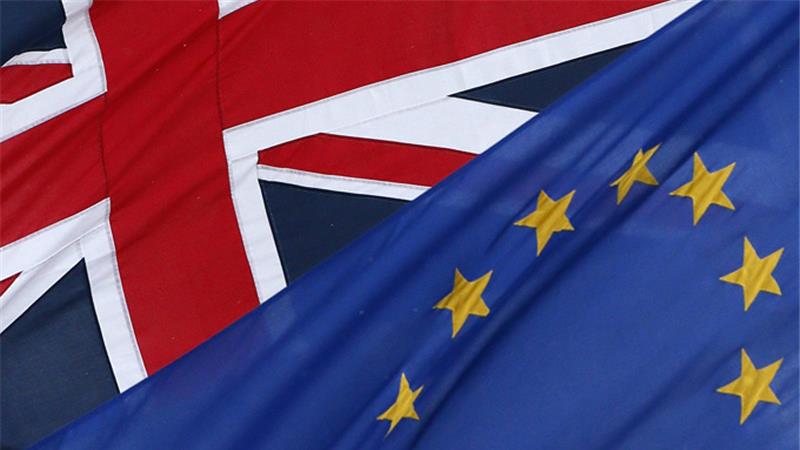
The UK’s shock Brexit result has created economic and political turmoil in Britain, with ramifications around the world. As it became clear that a slim majority of the British electorate had chosen to leave the EU, the value of the pound plummeted. David Cameron stepped down, and it wasn’t long before the knives were out for Labour’s Jeremy Corbyn, who lost a vote of no confidence motion from the Parliamentary Labour Party.
While a Remain vote would have been economically preferable for Ireland, both Northern Ireland and the Republic, Brexit offers opportunities as well as threats. Here we look at these.
Exchange rate
Sterling is down making Irish goods more expensive to export to the UK. Once we know how Britain intends to proceed, the exchange rate should level out. It may be some time before we do. However it is possible the markets may adopt a “business as usual” approach if it looks like Brexit will be indefinitely put on hold.
David Cameron has declared his intention to leave it to his successor to invoke Article 50 of the Lisbon Treaty. This would begin the formal process of negotiations for leaving the EU. Even notable Brexit leaders such as Boris Johnson seem less than eager to trigger Article 50. Boris Johnson hoped to begin with informal talks, although this was rejected by the EU. As the referendum was non-binding, and as the majority of MPs are Remain supporters, Brexit may be put on the backburner.
Opportunities for business links
Business experts suggest that the current uncertainty is an opportunity for Irish businesses to create strong links with UK companies, particularly those looking for a way into the single market. Irish companies who offer solutions to their UK counterparts to trade with the EU zone could flourish.
Implications for Northern Ireland
Many companies in the Republic already have operations in Northern Ireland, using this as a base to move into the UK market. However, it is possible that Northern Ireland may face a recession with less money coming from Westminster, no EU funds and potential job losses. The hit HBO show Game of Thrones has created hundreds of jobs and attracted thousands of tourists to NI, but there is talk that the show may relocate in the wake of Brexit. Stormont could seek to offer businesses lower taxes and other incentives however.
A disunited Kingdom
Not long after Brexit, Nicola Sturgeon, Scotland’s First Minister, announced that another Scottish independence referendum may take place. Scotland overwhelmingly voted to remain in Europe, and Sturgeon argues that the previous independence referendum was contingent on the UK remaining part of the EU.
Sturgeon has also been looking to revitalise Scotland’s economy making it less dependent on oil and gas revenues. This will mean attracting multinationals and start-ups – which could put Scotland and Ireland in direct competition for inward investment. If Scotland does vote for independence, the country will apply for EU membership. Although the process is a lengthy one, it is likely the application will be fast-tracked since Scotland was unwillingly removed from the EU through Brexit.
London’s loss, Dublin’s gain?
The IDA may be able to persuade UK companies, or multinationals based in Britain to relocate to Ireland. It is not clear yet if any companies will bite. Morgan Stanley has denied reports that they were preparing to move 2,000 staff to Dublin or Berlin after the Brexit vote.
The road ahead
Brexit is likely to cause economic turmoil in Ireland, at least in the short-term. However, with creative thinking it also presents an opportunity for Ireland and Irish businesses. Ireland acts as a springboard for US businesses wanting to move into EU markets; it also acts in a similar manner for EU businesses hoping to enter the US. Ireland can position itself to do the same for the UK. Geographically Ireland sits between three large economic zones – the opportunities are there if we find creative ways to exploit them. ')}